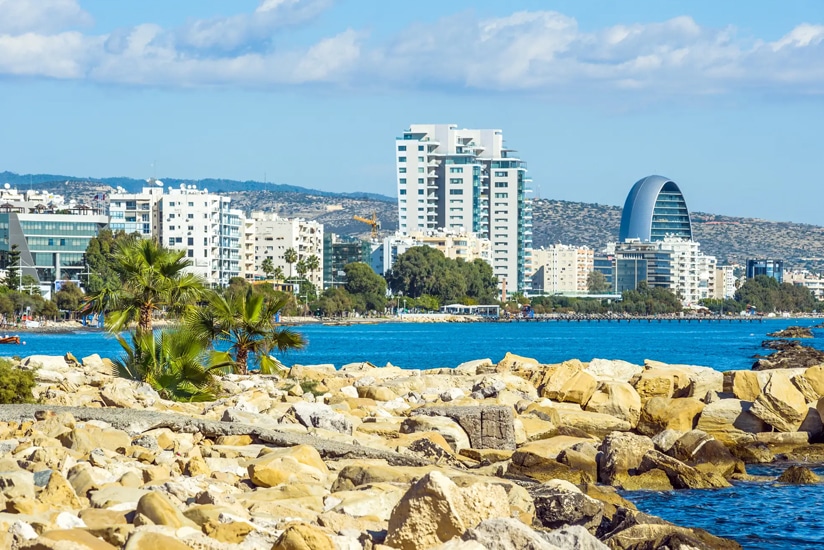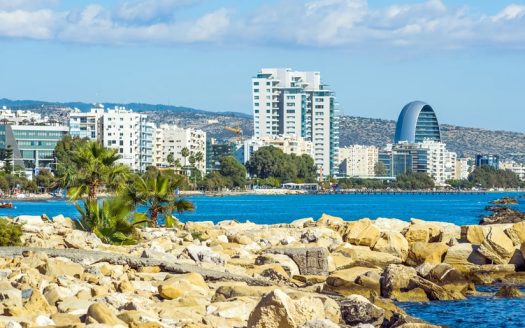Cyprus Golden Visa vs Permanent Residency: Which Path Suits Your Goals?
Cyprus offers two main residence routes that often get bundled under the same headline: a fast-track investment option widely called the “Golden Visa” and a slower, lower-cost Permanent Residency route (Category F). Both give you the right to live in Cyprus, but they demand different investments, incomes and commitments. This article sets out the key contrasts so you can match the route to your priorities.
Section 1: What Is the “Golden Visa” in Cyprus?
The so‑called Golden Visa is actually a permanent residence permit issued under Regulation 6(2). You invest at least €300,000 in qualifying assets—most commonly new residential real estate—and pay VAT of 19% (often reduced to 5% for a primary home). The main applicant must also prove at least €50,000 annual income from abroad, with extra amounts for dependants. Processing is typically a few months.
Applicants must visit Cyprus once every two years to keep the permit active. Work in Cyprus is not allowed under this route, but you may own shares and receive dividends. A failed visit schedule can trigger cancellation.
Cyprus properties are often marketed specifically to meet the “first sale” rule under Regulation 6(2); resale homes will not qualify. That requirement narrows the housing stock but gives investors clarity on compliance. The government can also cancel a permit if you do not take up residence within a year of approval to give biometrics and collect the card.
Section 2: The Standard Permanent Residency Route (Category F)
Category F is a traditional, slower path. No fixed investment is required, though owning or renting a home helps. The income bar is far lower: official guidance cites about €9,568 per applicant plus €4,613 per dependent, sourced from abroad. Some firms suggest higher safe margins, but the statutory figures remain modest. Processing can stretch to many months as applications queue behind the fast-track cases.
This permit also needs a visit at least every two years. Renewal formalities differ: under “slow track” you renew every five years, while fast-track PR is issued for life. Either way, failure to appear within two years risks revocation.
Section 3: Timelines, Rights and the Road to Citizenship
Cyprus cancelled its citizenship-by-investment scheme in 2020. Today, both PR routes can still lead to citizenship, but only after seven years of legal residence, with at least five years of physical presence. There is no automatic EU mobility with PR; Cyprus is not yet in Schengen, though talks continue.
For planning, note typical processing windows quoted by advisors: two to six months for the Golden Visa, longer for Category F. Always verify the current backlog with your lawyer, since Cyprus periodically tweaks criteria (notably in May 2023).
Buying property in Cyprus purely for lifestyle is different from buying to qualify under Regulation 6(2). The qualifying unit must be new, bought from a developer and held; selling it without reinvestment can jeopardise status.
Section 4: Quick Checklist – Golden Visa vs Category F
Golden Visa (Reg. 6(2))
- Minimum €300,000 investment (new property or other qualifying assets)
- VAT 19% (often reduced to 5% for main residence)
- Income: ~€50,000 plus add-ons for family
- Fast processing, permit for life
- Visit once every two years
Category F
- No mandatory investment
- Income from abroad: approx. €9,568 + €4,613 per dependent
- Slower processing, renewal every five years
- Visit once every two years
Section 5: Property Market Considerations
If you plan to combine residency with an asset purchase, scrutinise supply. Stock that qualifies under the fast-track is mostly developer-led. Ask for completion dates, snagging policies and rental rules if you intend to let the unit. References to Cyprus properties for sale often bundle legal and tax support, but independent due diligence remains wise.
Lifestyle matters too. Schools, healthcare access and flight connections vary by town. Larnaca is strengthening its marina and port area, Limassol hosts many international firms, Paphos appeals to retirees, and Nicosia offers the urban core. If you are weighing the Best place to buy property in Cyprus, match amenities to your family’s routine rather than headline yields alone.
Running the numbers is essential. Between VAT, legal fees, due diligence reports, and government fees (€500 main application, €70 ARC card per person), the Cost of buying property in Cyprus for residency will exceed the headline €300,000. Budget for translations, health insurance and bank deposits (€15,000–€20,000 briefly held in some cases).
Section 6: Special Note for UK Nationals
Post-Brexit, Britons are third‑country nationals, so the same rules apply as for other non‑EU citizens. Buying a property in Cyprus from UK residents’ perspective means dealing with currency exposure, UK remittance rules and Cypriot title checks. Neither PR route grants free movement in the EU, so factor in separate Schengen visas for travel until Cyprus joins that zone.
Section 7: Which Route Fits You?
Choose the Golden Visa if you want speed, can allocate €300,000+ to a qualifying asset and are comfortable with higher income proofs. Opt for Category F if your priority is a gentler budget and you accept slower processing and periodic renewals. In both cases, plan a biennial visit, keep records tidy and monitor policy tweaks.
A Cyprus lawyer or licensed immigration adviser can verify figures in real time and flag any amendments before you commit.




